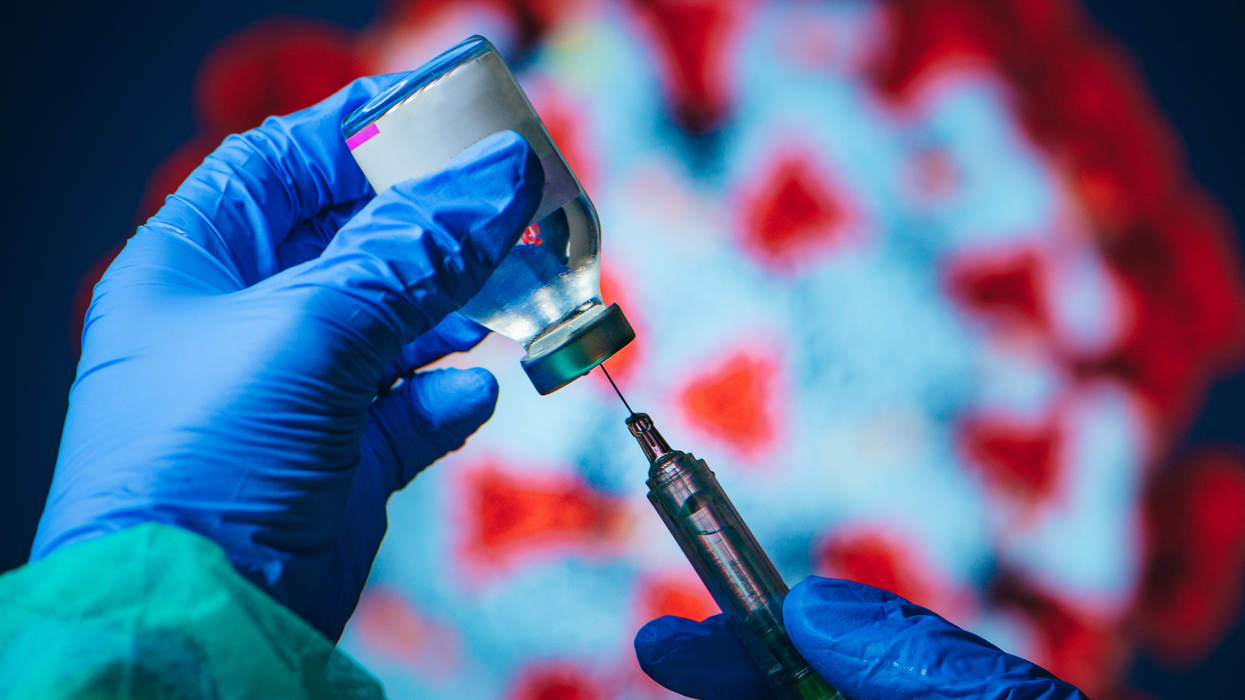
One of the only bursts of light in this gloomy year has been the arrival of the vaccines – or at least, preliminary trial data which shows the vaccines that have been tested are safe to use in humans.
There are still uncertainties – how long will it take for everyone who needs a vaccine to receive one, and at what point will the amount of vaccinated people start to make a difference to the cases of Covid around thee world? These are still up in the air, although epidemiologists and immunologists are working hard to create the most accurate models possible.
At the moment, there are two Covid-19 vaccines which have been approved for usage in people around the UK – one is the Pfizer/ BionTech Covid vaccine, which comes in two jabs and has to be stored at - X celsius. The other was approved earlier this morning by the MHRA – the Oxford / Astrazeneca vaccine, which will be rolled out from Monday onwards. It has a 90 % efficacy rate, which is comparable to both Pfizer’s vaccine and the as of yet unapproved Moderna vaccine.
This vaccine is based on a chimp cold virus
Like many other vaccines which have already been rolled out around the world, it carries a weakened form of a similar virus which triggers the body to produce a viral response. This vaccine is based on a cold virus which cannot grow inside human cells typically, but scientists working on this vaccine have modified the virus so that it contains instructions for a protein of the coronavirus. Our bodies will then produce a coronavirus protein, then triggering an immune response.
It can be stored at a higher temperature and so should be able to be rolled out faster
The Oxford vaccine can be stored in vials between 2-8 degrees Celsius, which is a normal refrigerator temperature. What this means is that doses of the vaccine do not have to be kept in central hospital and community hubs, and can be transported from factories around the UK. Experts hope that there will be a swifter rollout to GP practices and care homes.
It has two doses
It’s two jabs – ideally four weeks apart, but the MHRA has approved doses as far as twelve weeks apart. This could mean that people receiving the first dose could have some level of immunity even if they haven’t finished their treatment.
There was initial controversy around the data produced by Astrazeneca / Oxford – when clinical trial participants were given a half dose and then a full dose, the vaccine actually had a higher efficacy by just under 30 percent. However, Astrazeneca announced that they would run another global trial again, and emphasised that data from almost 24,000 trial participants showed only three ‘safety’ events.
So far, the UK has ordered 100 million doses of the vaccine, and each dose is priced at $3-$4, which is far less than Pfizer and BionTech, and Oxford have confirmed that doses of the vaccine will be made available to other countries in perpetuity at price, which will mean developing countries that have higher case loads will have access to the vaccine.
It’s unclear how long immunity will last, but there have been promising results
It’s unclear how long immunity lasts with any of the vaccines, because they haven’t been monitored for long enough within individuals (because this coronavirus has existed for roughly a year and vaccine trials started months later). However, even in cases where people were infected, those who had been administered the Oxford / Astra-Zeneca vaccine didn’t have any cases where they needed hospital treatment. It’s still not clear yet whether it will reduce asymptomatic transmission, but scientists are hopeful.
All of the vaccines are expected to be effective against emerging variants of the Covid-19.
The vaccination program will start on the 4th January, and will be rolled out to at risk groups first
The emergence of a new variant of Covid-19 has added urgency to the vaccination programme., and so vaccinations will continue to be rolled out to at risk groups around the UK, primarily the over 60s and those in that age group who have underlying health conditions. While the vaccination programme with the Pfizer / BionTech programme has already vaccinated 800,000 people, it’s hoped that these additional vaccines will ramp up vaccination around the UK.













